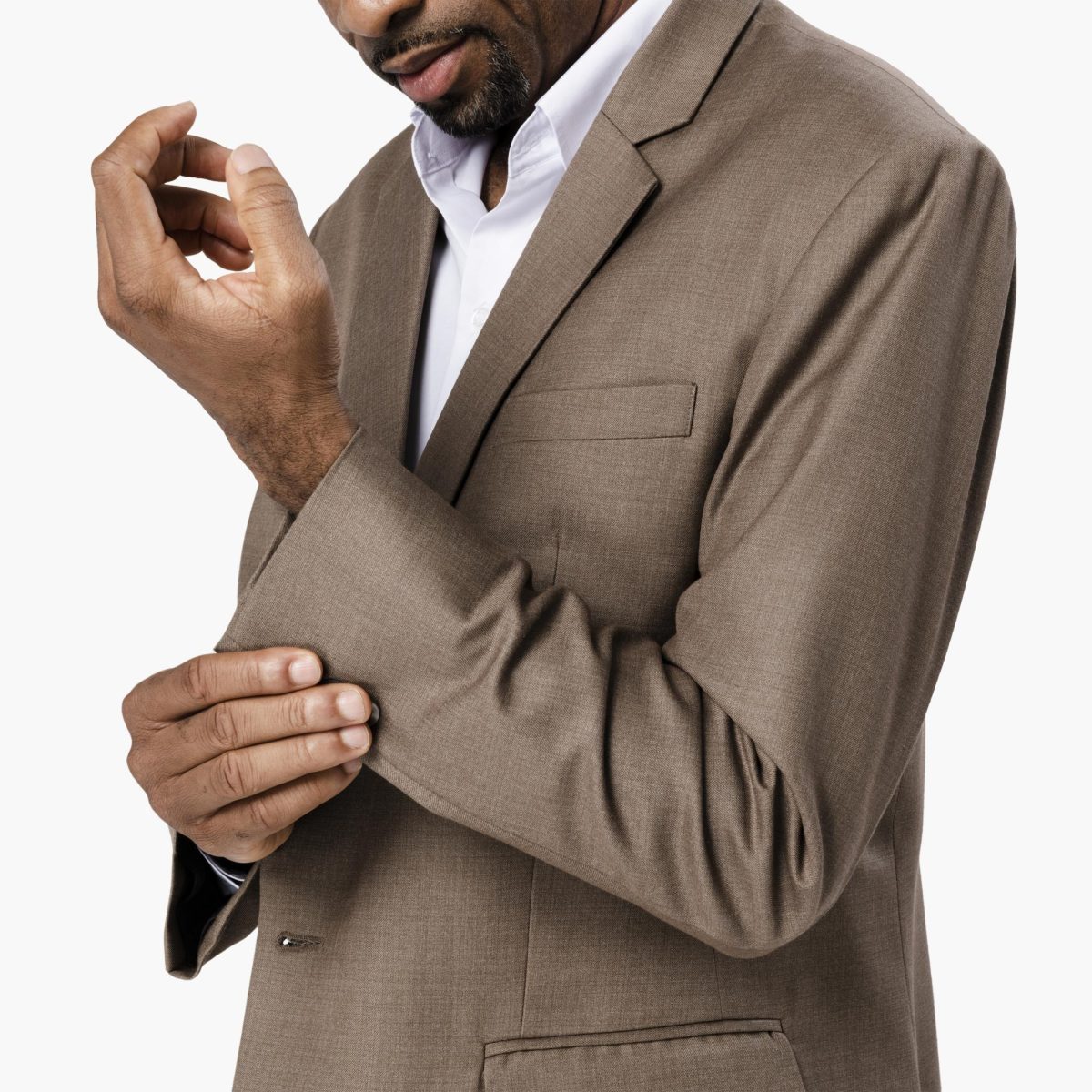Three years ago, the groundbreaking and fashion icon Andre Leon Talley, died on January 22, 2022. Talley’s career spans over six decades within the fashion industry. Begging from a fashion journalist to becoming the first Black-American male creative director at Vogue, Talley has cemented his place within the fashion world. Talley’s naturally gifted creative genius and knowledge of fashion history made him one of the many crucial fashion journalists and stylists of the twentieth and twenty-first centuries, whose influence has been credited to opening doors for other Black creatives in the fashion world.
Born in Jim Crow era Washington D.C in 1948, Talley would at an early age become entranced with the luxurious and the ultra fashionable elite through the pages of Vogue, which allowed him to escape from his oppressive homelife. Through this comfort with the fashion world, Talley bonded with his grandmother Bennie Francis Davis, who he credits to giving him an “understanding of luxury.”
Following his apprenticeship at the Metropolitan Museum of Art in 1974, under the then editor in chief at Vogue Diana Vreeland, Talley would land his first job at Interview Magazine. From this moment on, Talley would have a place within the world of fashion and would soon be given the position of creative director at Vogue in 1988.
Talley opened doors for other Black creatives, and pushed for the inclusion of more Black models such as Iman Mohamed Abdulmajid and Naomi Campbell.
But despite his place within the fashion world, as a creative director at Vogue, throughout his career, Talley has been subjected to rampant racism and homophobia. Talley quickly in his career at Vogue, became the target of racial slurs and dehumanizing nicknames such as “Queen Kong.”
While this unacceptable and bigoted behaviour towards Talley is grotesque, these actions do however align with the overall environment and atmosphere of exclusivity at Vogue that has aimed to suppress anyone they deem to be unworthy to the fashion world.
Vogue has had to say the least a “rough” history of racism, xenophobia, sexism, and other -isms throughout its 132 years of publication. From the firing of the illustrationist and photographer Cecil Beaton’s due to the use of a Anti-Semitic slur in 1938 (which by 1938 the Holocaust was already widespread throughout Nazi controlled Europe) to Diane Vreeland herself, referring to the first Black supermodel Donyale Luna as “King Kong,” Vogue has truly had a very long history of being openly bigoted.
Throughout his lifetime following his career at Vogue, Talley has been critical of the magazine’s response and “atonement” to its harmful and exclusion of diversity, but more particularly the hardships of Black models and creatives by Vogue.
He was specifically critical of Anna Wintour’s 2020 public email, in which she claims to want to be forgiven for the past wrongs she has done to Black creatives at Vogue, in which Talley promptly responded to Wintour by telling Page Six, “Name what your mistakes were.”
Talley’s legacy should not be tied to the history of racism and bigoted behaviours that Vogue has exhibited. Talley’s legacy is more than just the exclusivity of Vogue, but is representative of the everlasting power, talent, creativity, and intelligence that Black artists and creatives exhibit despite being in oppressive environments.
With this, I want to remember the place that Andre Leon Talley has held in not only my heart, but in other Black creatives who despite being in environments where we are excluded and taken advantage of for our talents, thrive and become individuals whose lives and talents are not a monolith.

